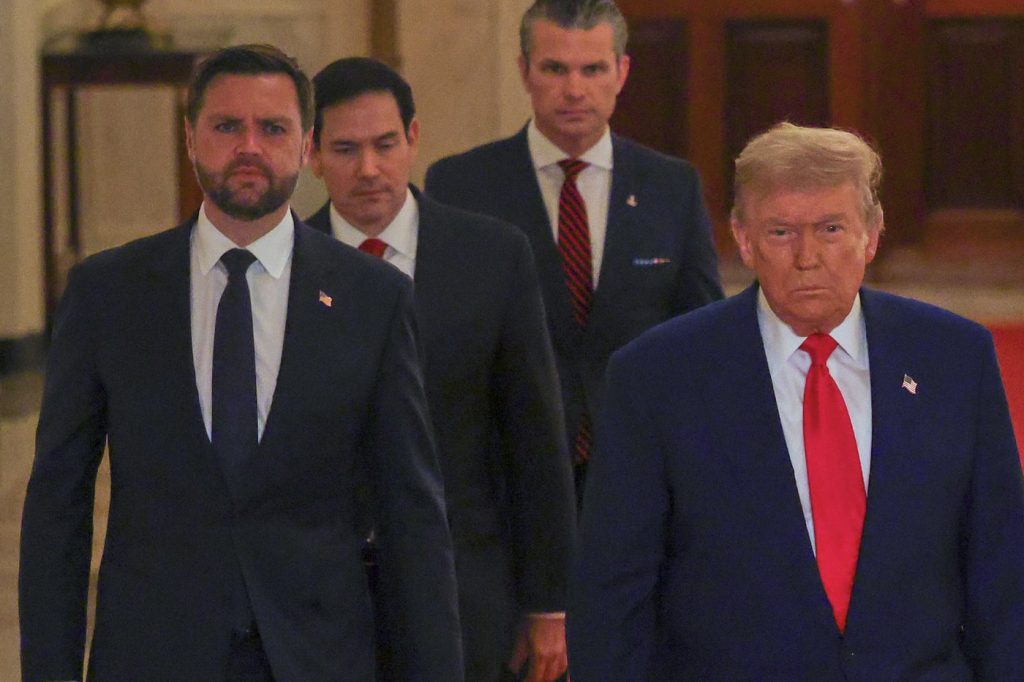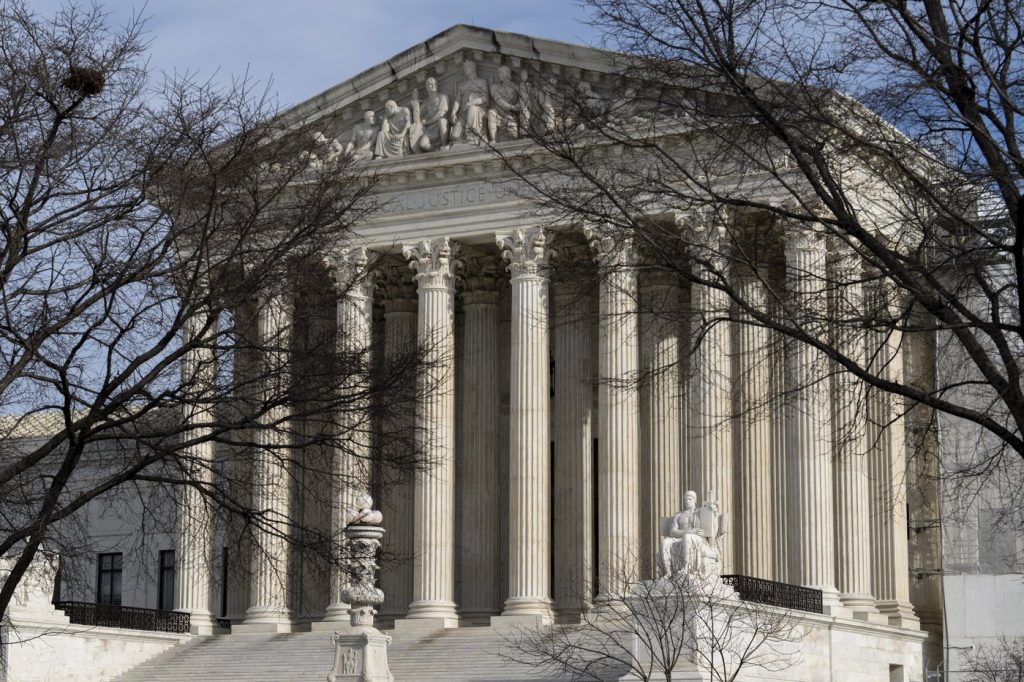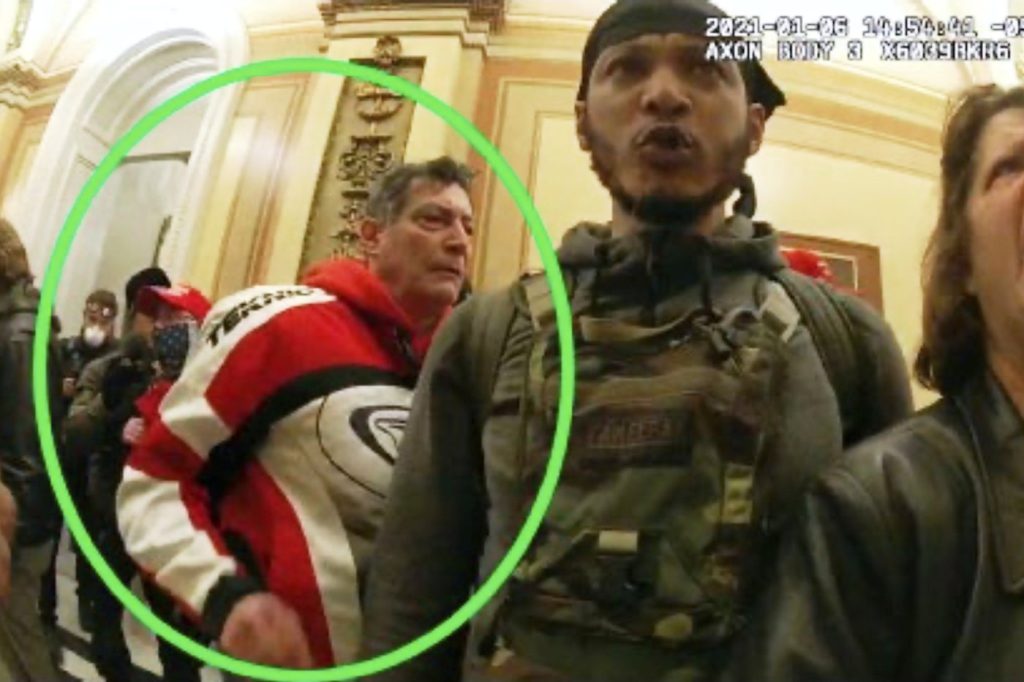On Monday, President Donald Trump announced that a "12 day war" between Israel and Iran was on the verge of ending in a ceasefire. This announcement was framed as a vindication of his controversial decision to order U.S. airstrikes on Iranian nuclear sites.
Trump claimed that a "Complete and Total CEASEFIRE" had been agreed upon by both Israel and Iran through a series of discussions. Despite this, the situation remained precarious, with Iran's Foreign Minister Abbas Araghchi asserting that Iran would only cease its attacks if Israel did the same. Earlier statements from Iran's Supreme Leader, Ayatollah Ali Khamenei, indicated that Iran would not concede easily.
Araghchi expressed through social media that, as of now, there was no official agreement on a ceasefire. He stated that Iran had no intention of continuing its military response if the Israeli regime stopped its attacks against Iran before a specified deadline. While Trump characterized the ceasefire as a significant step toward peace, the ongoing conflict's complexities suggested that stability in the region remained uncertain.
As Trump prepared for the upcoming NATO summit in the Netherlands, he framed his approach of combining military action with diplomacy as successful. He even likened the brief conflict to the historical "Six Day War" of 1967, claiming that it was a situation that could have escalated into prolonged hostilities.
In a follow-up post, Trump alleged that both Israel and Iran had approached him simultaneously seeking peace, emphasizing their potential benefits from pursuing "RIGHTEOUSNESS & TRUTH." He proposed a phased ceasefire set to begin the next morning, stating it would create a more respectful environment between the two nations. However, even before the proposed ceasefire could take effect, Iran executed another attack against Israel.
Trump described the situation as one that could have resulted in widespread devastation but claimed it would not persist. The White House amplified Trump's assertion, showcasing an image of him with a hat stating, "Trump was right about everything." A senior official indicated that Trump directly communicated with Israeli Prime Minister Benjamin Netanyahu regarding the ceasefire, with multiple U.S. officials involved in the ongoing negotiations with Iran.
Additionally, the Qatari government played a crucial role in mediating the ceasefire discussions. Trump specifically thanked Qatar's emir, Sheikh Tamim bin Hamad Al Thani, for his efforts. The conditions of the ceasefire beyond its timeline were yet to be fully disclosed. The U.S. administration had previously stipulated that Iran must abandon its nuclear enrichment program as a requirement for any lasting peace.
As U.S. drone strikes targeted Iranian nuclear facilities, the implications for Iran's nuclear ambitions and how they would respond remained largely uncertain. Just before the ceasefire declaration, Vice President JD Vance expressed that the conflict and the U.S. military intervention would be seen as a pivotal moment for the region. He suggested that Iran would have to reconsider its approach to nuclear weapons in light of U.S. military strength.
In a demonstration of escalating tensions, Iran retaliated shortly after the ceasefire announcement with a missile strike on a U.S. military base in Qatar. This represented the first direct retaliation against U.S. forces since the initiation of airstrikes on Iranian sites. Trump reported that most of the incoming missiles were intercepted successfully by U.S. defenses, but one missile was allowed to reach its destination due to its non-threatening trajectory.












